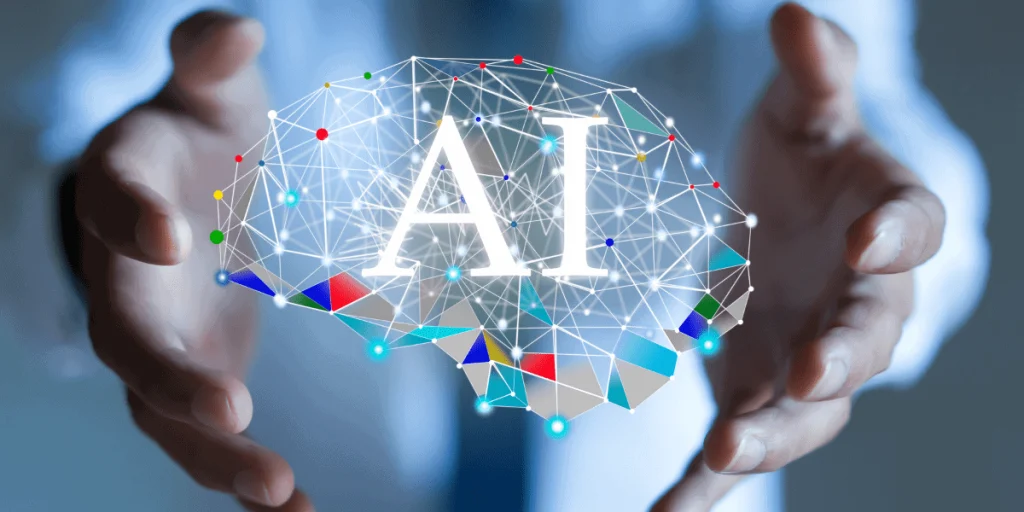Artificial Intelligence (AI) has emerged as a transformative force that is reshaping virtually every aspect of our lives, from how we work and communicate to how we access information and make decisions. With its ability to analyze vast amounts of data, learn from patterns, and make predictions, AI is revolutionizing industries and driving innovation at an unprecedented pace. Let’s explore some of the key ways in which AI technology is changing the way we live:
- Personalized Recommendations: AI algorithms power the recommendation engines behind platforms like Netflix, Spotify, and Amazon, providing users with personalized content and product suggestions based on their preferences, behavior, and past interactions. Whether it’s recommending movies, music, or products, AI enables companies to deliver tailored experiences that enhance user satisfaction and engagement.
- Healthcare Diagnosis and Treatment: AI-powered diagnostic tools and medical imaging algorithms are revolutionizing healthcare by enabling faster and more accurate diagnosis of diseases and conditions. Machine learning algorithms can analyze medical images, such as X-rays and MRI scans, to detect abnormalities and assist healthcare professionals in making informed decisions about patient care. AI is also being used to develop personalized treatment plans and predict patient outcomes based on individual characteristics and medical history.
- Autonomous Vehicles: AI technology is at the core of autonomous vehicles, enabling cars, trucks, and drones to navigate and operate safely without human intervention. Machine learning algorithms process data from sensors, cameras, and GPS systems to perceive the surrounding environment, detect obstacles, and make real-time driving decisions. Autonomous vehicles have the potential to revolutionize transportation by improving safety, reducing traffic congestion, and increasing mobility for people with disabilities.
- Natural Language Processing (NLP): NLP technology allows computers to understand, interpret, and generate human language, enabling applications such as virtual assistants, chatbots, and language translation services. Voice-activated assistants like Siri, Alexa, and Google Assistant use NLP algorithms to process and respond to user queries, perform tasks, and provide information. NLP is also used in sentiment analysis, document summarization, and language translation, making communication more accessible and efficient across languages and cultures.
- Financial Services: AI is transforming the financial services industry by automating routine tasks, detecting fraudulent activities, and providing personalized financial advice. Machine learning algorithms analyze transaction data to identify patterns and anomalies indicative of fraud or suspicious behavior, helping banks and financial institutions detect and prevent fraudulent activities in real-time. AI-powered chatbots and virtual assistants are also being used to provide customers with personalized recommendations, manage their finances, and answer queries about banking products and services.
- E-commerce and Retail: AI technology is revolutionizing the way we shop and interact with brands online. Recommendation algorithms analyze user behavior and purchase history to suggest products that match their preferences and interests, driving sales and customer loyalty. AI-powered chatbots and virtual assistants provide personalized assistance to shoppers, answering questions, resolving issues, and facilitating transactions in real-time. AI is also being used in inventory management, demand forecasting, and supply chain optimization to improve efficiency and reduce costs for e-commerce and retail businesses.
- Education and Learning: AI technology is transforming education by personalizing learning experiences, adapting to individual needs and learning styles. Adaptive learning platforms use AI algorithms to assess students’ knowledge and skills, identify areas for improvement, and deliver customized learning materials and exercises. AI-powered tutoring systems provide students with real-time feedback and guidance, helping them master concepts and achieve better academic outcomes. AI is also being used to develop educational content, such as interactive simulations and virtual reality experiences, that engage and immerse students in learning activities.
In conclusion, AI technology is revolutionizing our lives in profound ways, enabling personalized experiences, automating routine tasks, and solving complex problems across industries. As AI continues to evolve and mature, its impact on society is only expected to grow, unlocking new opportunities for innovation, creativity, and advancement. However, it is essential to address ethical, privacy, and security concerns to ensure that AI technology is used responsibly and ethically for the benefit of humanity.

